Alagi Yorro Jallow
Part I
Fatoumatta: I am reluctant to join any fireside chat on the Yahya Jammeh shame of Friday evening cultural phenomenon drama; we are addicted to the storylines. I am reluctant to ask why and how he has become the sole nut in our fire. It is golden to wail at fascism; it is godly to scream at conscienceless power wherever it reigns.
However, some awful matters are beyond wailing and flailing. How should a country handle a tragedy bigger than tears? If there are still elders around, they should tell us to blow this moment off with laughter and wait for the end of the mad season with its sure harvest of doom.
“Once upon a time, there was a young Greek Nymph named Narcissus, who was distinguished for his beauty. When another lady Nymph fell in love with Narcissus, he rejected her advances. When The Goddess of Revenge heard of the rejection, he decided to punish Narcissus by luring him to a pool of water. Narcissus looked into the pool of water, saw his own reflection and he fell deeply in love with it. Once Narcissus realized that he could not obtain the object of his desire, he died at the banks of the river from his sorrow….”
The Greek story of Narcissus provides the mythical source for the modern concept of narcissism, which is conceived as excessive self-love and the attendant qualities of grandiosity and a sense of entitlement. One may not be a Clinical Psychologist, but Yahya Jammeh cuts the figure of one who suffers from the same infirmity that consumed the Greek Nymph, Narcissus. It is a highly severe mental disorder, which renders him incapable of attending to any issue beyond his own personal need for adulation; an extreme instance of a “Dangerous, Incurable, Narcissistic Personality Disorder!” It might be this condition that makes Yahya Jammeh’s self-worth entirely dependent upon admiration from others, makes him incapable of empathy and reason. It might be this condition that makes him so entitled, arrogant, callous, and rude.
Fatoumatta: When Yahya Jammeh became Head of State and President of the Republic of the Gambia for 22 years, many of his critics were afraid that somewhere along the line, he would create a critical constitutional crisis by his actions. They feared this because of this man-child’s character and the personality trait of breathtaking vapidity, which seemed especially dangerous because he carries out and incites bad behavior.
If anybody had any doubt, this fascist, obsessed with fears of victimization, humiliation, and a concomitant cult of strength’s recent shenanigan, shows him to be a ferocious menace and a dire danger to society. The Gambia will be paying the price for the gargantuan mistake of electing this bitter, twisted narcissist as President for a long time to come. Yahya Jammeh should never have had a seat in the forefront of governance. The whole world knew that. The Gambia should be ashamed of electing this man into office in the first place.
Fatoumatta: Progressives are scented, arsonists. They spray petrol on naked truth, set it alight with falsehood, and swear they have no hand in the ensuing fire – or that the blaze is for the public good. The disease is their synonym – or their surname. So, instead of wasting our limited energy on Yahya Jammeh’s symptoms, we should start looking for a permanent cure for the ailment. ‘In Sickness and In Power’ is the title of a 2008 book by Lord David Owen. It is a sober narration of the queer marriage that exists between medicine and politics. Running through over a hundred years, it x-rays political, military, security, and business leaders and what they contribute to societal dislocation.
The book presents a study of mental and physical illnesses, foolishness and stupidity, and rash hubris – the combo that ruins leaders. Of all the ailments, Owen identifies ‘hubris syndrome’ in leadership as the greatest threat to people’s freedom and well-being. A reviewer identified the symptoms to include “patterns of reckless behaviour, bad judgment and operational incompetence, often compounded by delusions of personal infallibility and divine exemption from political accountability.” For leaders who endorse evil, when things get pretty bad, they will be alone and lonely.
Honestly, one wonders what Gambians were expecting from Yahya Jammeh? This President had earlier put everyone on notice about his refusal to accept electoral defeat by stating that he would not leave office if he did not like the outcome of any election. Furthermore, to think that he was taken seriously enough that high-level sub-regional leaders went to the extent of using might military to remove the President from office if he refuses to leave. However, this moron was allowed to operate in the dangerous way he did. So what exactly were Gambians expecting?
Clearly, Yahya Jammeh is a man who seems to have neither respect nor loyalty to anyone but himself. Instead, he appears to view people as lesser beings who deserve to be treated with contempt. This contempt is ameliorated only to the degree that they can be of instrumental use to him. His contempt for others as lesser-beings can be seen in his disdain towards anyone who looks or thinks like him. He also comes across as having acute paranoia, which is characterized by a worldview that sees other people as inherently untrustworthy. Furthermore, any information that does not comport to his worldview cannot be processed in his mind. Thus, divorced from the ability to fact-check the reality around him, his internal world is populated with fact-free conspiracies that fit with his emotional needs.
Gambians love distractions. Even in the best of times, executives get fired, and in the worst, they get fired with alarming frequency. So Yahya Jammeh publicly dissolved the entire executive committee of the Alliance for Patriotic Reorientation and Construction (APRC) arbitrarily, especially appealingly and amusingly, Yahya Jammeh, a narcissist whose parochial interest may skew his decision at a political rally in Kanilai village via a telephone call from Equatorial Guinea to his supporters admired his unapologetic, militant selfishness. However, Jammeh’s critics see him as too narcissistic to be any leader.
With a condition as serious as Yahya Jammeh’s appointment and removal of APRC executive committee members under Fabakary Tombong Jatta, who formed a euphoric Grand Coalition with the President Adama Barrow’s National People’s Party (NPP) instead, Jammeh behaving capriciously from Equatorial Guinea appoint his chosen executive committee to ally with a peripheral political party known as Gambia Alliance for National Unity (GANU) of Sheikh Tijan Hydara.
As a result, Yahya Jammeh’s leadership of the Gambian people is about as pleasantly aromatic as flatulence in an elevator. Nevertheless, in a genuinely wild twist, barely less six than weeks to the presidential polls on December 4, 2021 (which is saying something), Yahya Jammeh fully showed his hand by giving out one of the most disgraceful performances by a political leader in living memory and effectively establishing himself as the worst President in Gambian history.
In the Gambia, progressivism has become the new fascism. Those who wrote the fantastic script of the Yahya Jammeh years appear to be back at work. The smell is too striking in offensive similarity. Other people may live life forward; we live backward. We are back to the past.
History suggests that leaders with the kind of mental condition Yahya Jammeh exhibits tend to view themselves as world figures capable of bending history to their will and harbor simplistic pathological fantasies for reshaping the world in their disordered image. This was certainly the case with Hitler, whose pathological narcissism fuelled his vision of Germany as a “master race” that needed to be cleansed of the germs of the disabled, foreigners, and Jews. Mr. Jammeh, like Hitler, has the personality of a grandiose-paranoid dictator who would destroy all he saw as his enemies while endangering the nation that he supposedly was advancing through his leadership.
In the last 22 years, Yahya Jammeh has ruled like an authoritarian who strived to consolidate their power for the longer term by cultivating ties within the structures of government that are based primarily on loyalty to his person rather than to the rule of law or democratic norms. He doled out responsibility to people who did not threaten him by surrounding himself with a gallery of sycophants that would not dare contradict them. He ignited the flames of a cultural hegemony within the Gambia that benefited him by polarizing the Gambia and mobilizing his base.
Moreover, he succeeded in discrediting institutions and individuals who might hold him accountable in the eyes of a substantial proportion of the Gambian population. As a result, Yahya Jammeh has done significant damage to the Gambia. As he is pushed out the door, he leaves behind a nation deranged.
Fatoumatta: Another thing that one can surmise from his politically potent character trait is that the selfishness that comes with it allowed him to do something that would have jabbed the conscience of other political leaders. As a result, he had no shame about almost everything. So when people whine about Yahya Jammeh being politically incorrect, unpleasant, and breaking norms, they say that he is doing things that predecessors would have been ashamed to do. What they mean is that he normalizes bad behavior.
However, Jammeh often does not know his civics well enough to recognize them as violations, and he is not ashamed. None whatsoever. In days bygone, the prescribed method for avoiding shame was behaving well. By contrast, the Jammeh method for avoiding embarrassment is not acknowledging it and not giving a hoot. The Age of Yahya Jammeh has been the attempted annihilation of shame in a colossal way!
This sad, embarrassing wreck of a man used social media to bully people, take over his political party, and spread inflammatory messages. He indulged in stream-of-consciousness rants and uttered horrible, immature, and mean descriptions of the political reality. He related with his followers and admirers through a barrage of social media, by turns pugilistic, hyperbolic, and verbose filled with unproven assertions and carelessly sensitive use of extreme negative emotion. It is no wonder that social media particularly, Facebook and Whatsapp, after wanton lies and incitements.
Fatoumatta: Watching and listening to Kanilai Dung-Show of Yahya Jammeh addressing his supporters via telephone is outrageously aggravating.
He is a giant baby who is having a hissy fit and throwing his toys out of the pram over his inability to accept defeat in an election, which he lost, trigger a kind of internal emotional crisis in him. He is a man that believes in skyscraping misconceptions about his competencies and believes in the preeminence of his instincts over and above abstract and collective reason. However, in truth, the grandiosity of his personality belies an extreme fragility where his ego is as fragile as a Graphite specimen on a bad day.
Yahya Jammeh’s intentional Gambian atrocities, carnage, and plunder require urgent accountability. The truth is that the media have normalized Yahya Jammeh’s rubbish over the last four years and tried to understand him as a psychologically healthy human being. Nevertheless, Yahya Jammeh is not a psychologically healthy human being. Considering him as if he were, sanctions him and his nonsense and disempowers people of reason.
Fatoumatta: If Yahya Jammeh does not score low on any narcissistic personality dimension, then probably nobody does. Jammeh is the very personification of the malevolent and menacing narcissist, a world-class paradigm of this miserably unpleasant personality. Of course, Yahya Jammeh can go ahead and continue to behave in a manner where all of his actions revolve around feeding the false self of himself in his own time and off the mantle of leadership. However, after all, that will only lead him to the very place he belongs, a pit of a self malignant love, which will never grow, and always dies in infamy.
There is a war raging on the internet on Yahya Jammeh and his travails. A woodcutter is about to be eaten by the tiger he saved from death. He saw a Jackal, told his story, and asked: “Is it fair that this tiger should eat the one who helped him?” Well, in power politics, kings relish renewing the potency of their throne with the prized blood of their backers. That is why we are told to be close to kings by 1,400 feet and be distant from them by 1,200. They kill. The one who drinks is the one who must get drunk. I do not want to think about it. We are what we are because of who we are. I listen to the voice of the ancient chant of the bard.
Fatoumatta: Thank God we are about to see another chapter of this bigot and the disastrous fool. They would give Narcissus a run for his money on excessive self-love and the attendant qualities of grandiosity and a sense of entitlement any day!
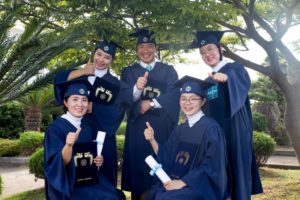



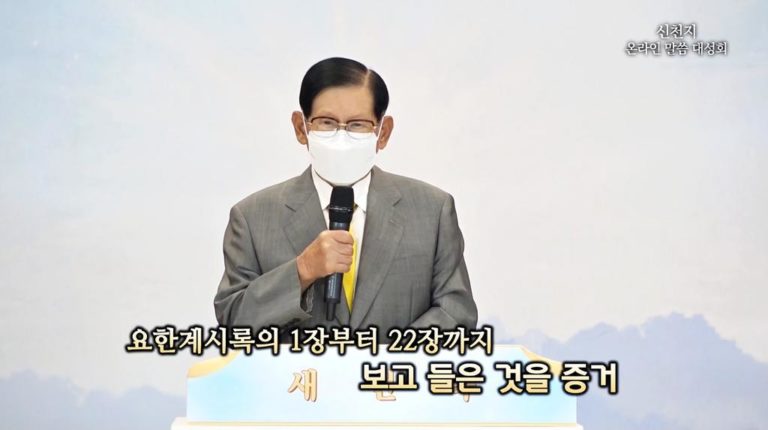


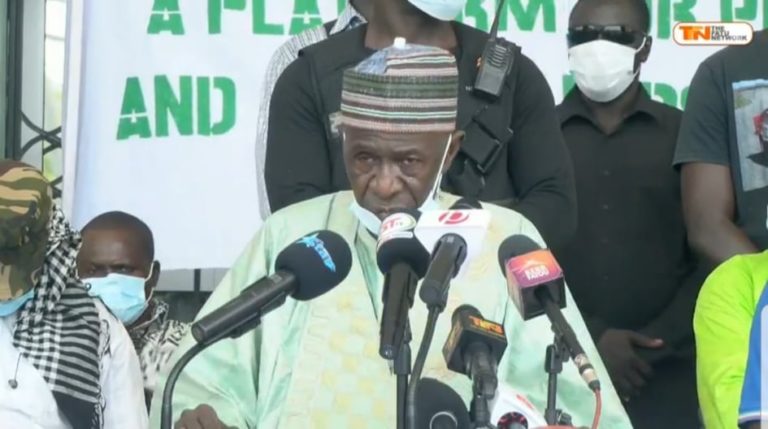
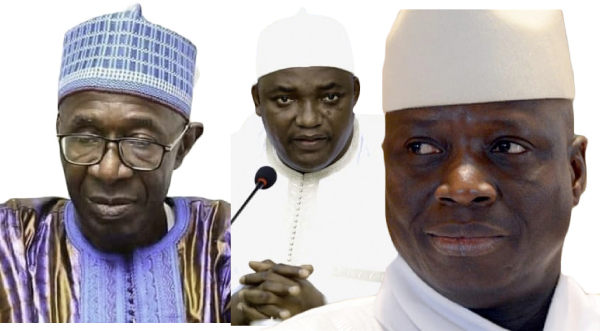
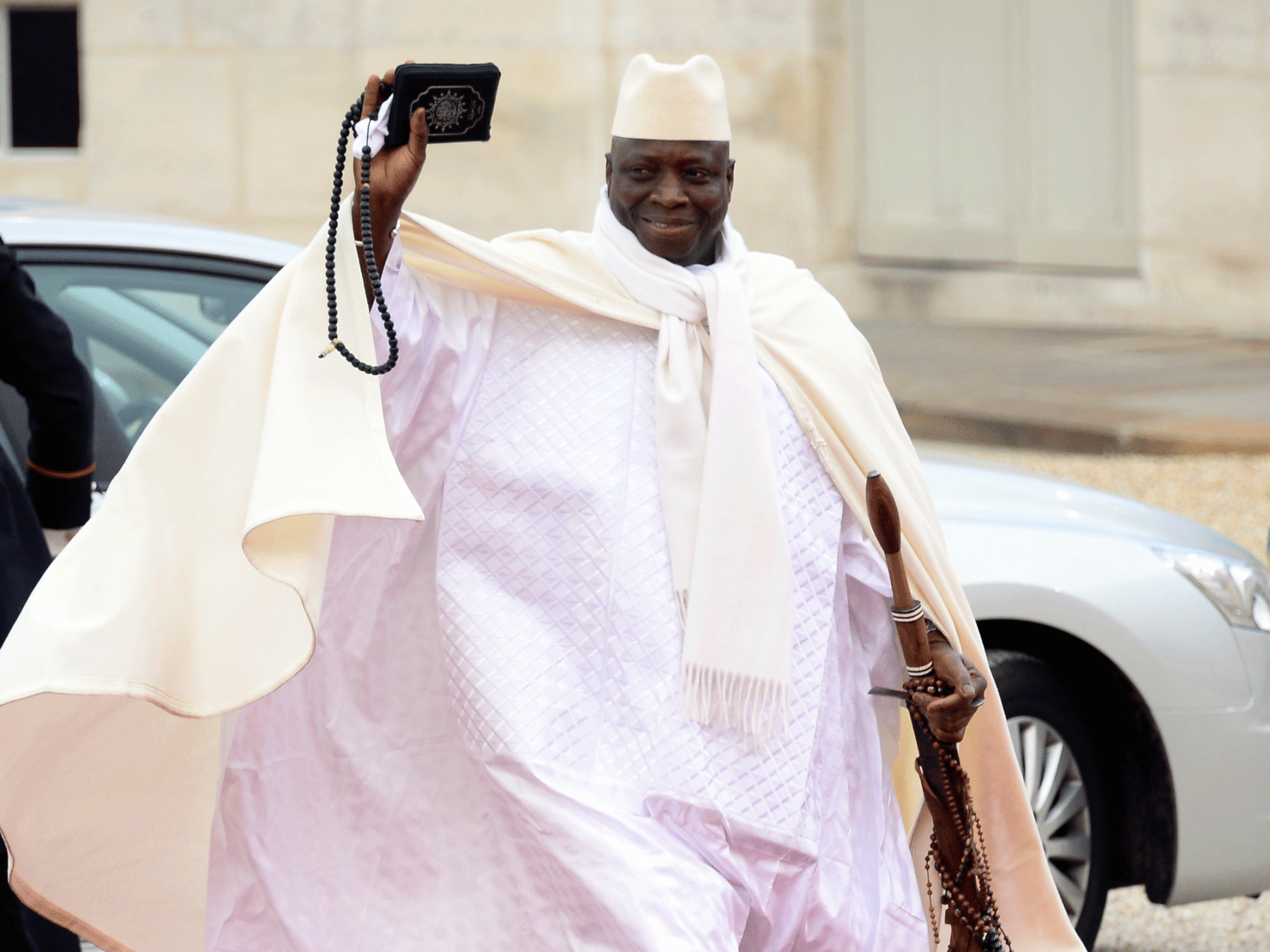
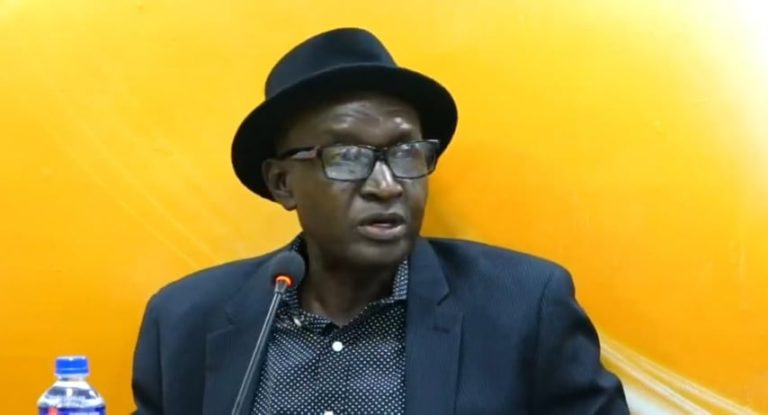
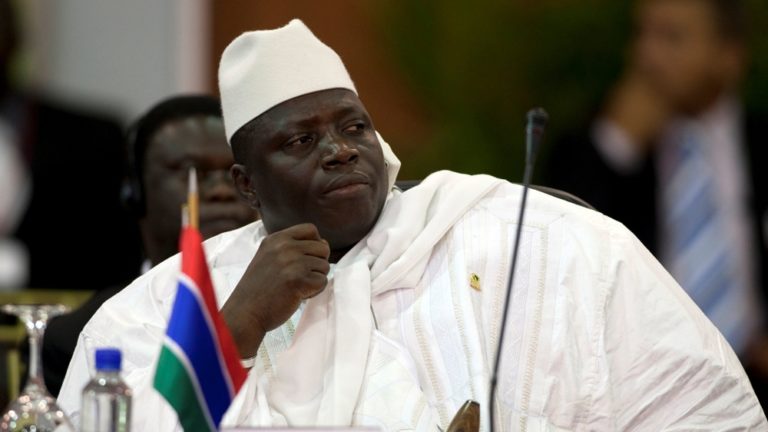
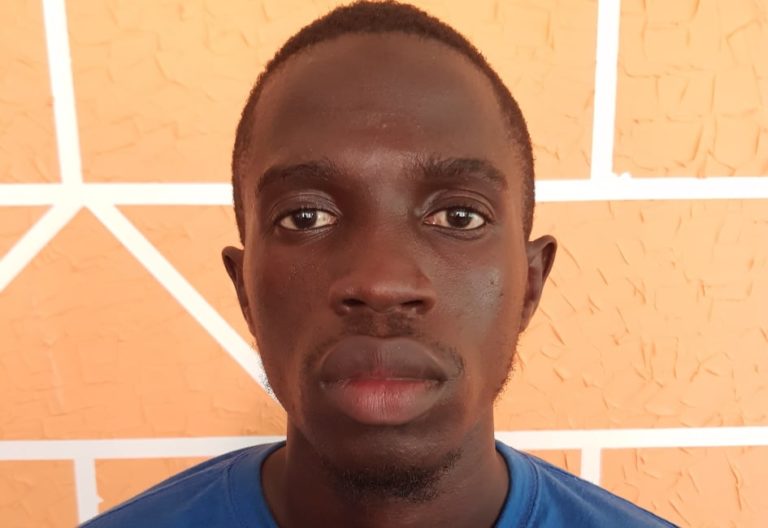

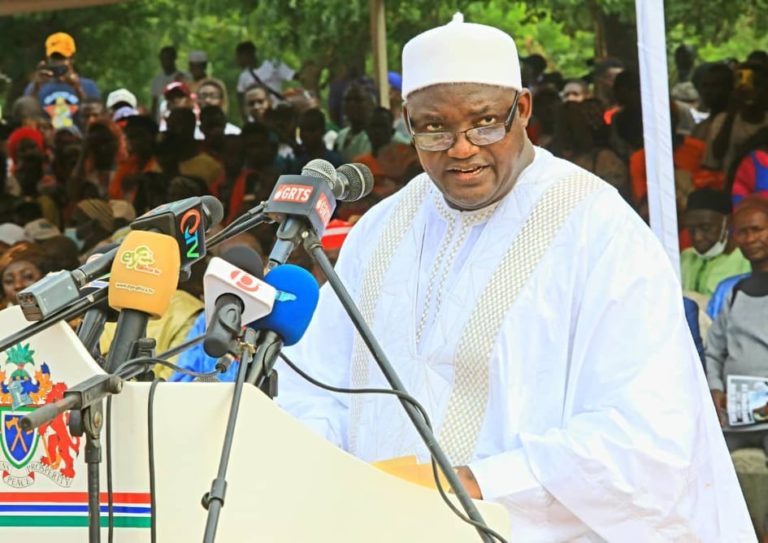
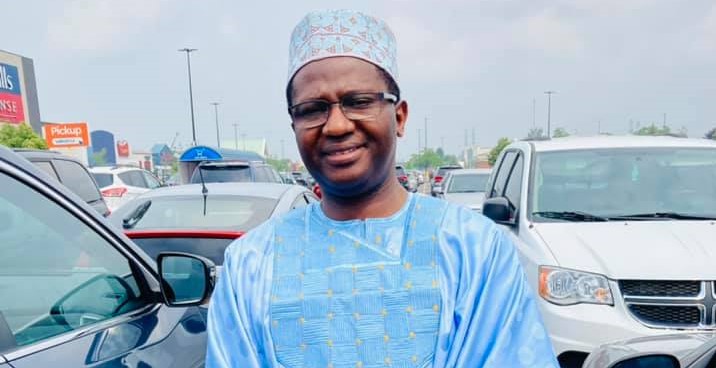
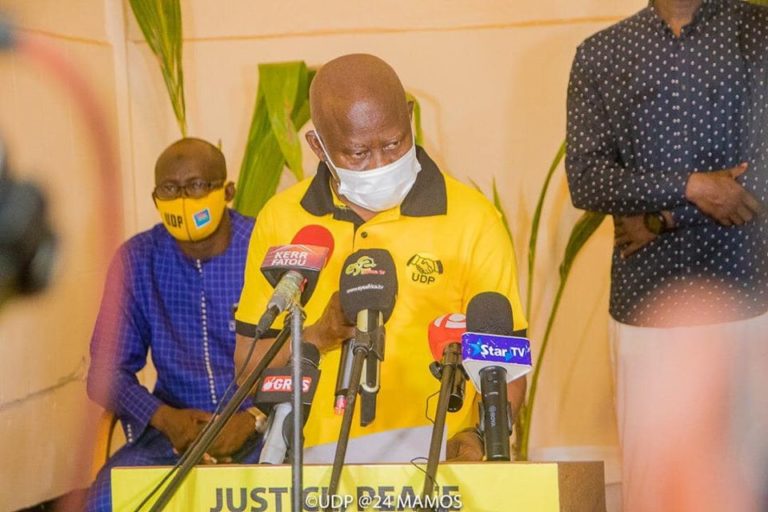
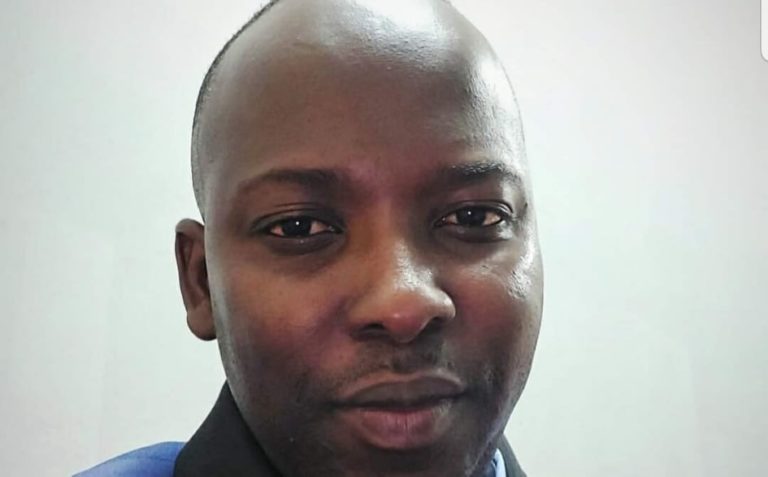
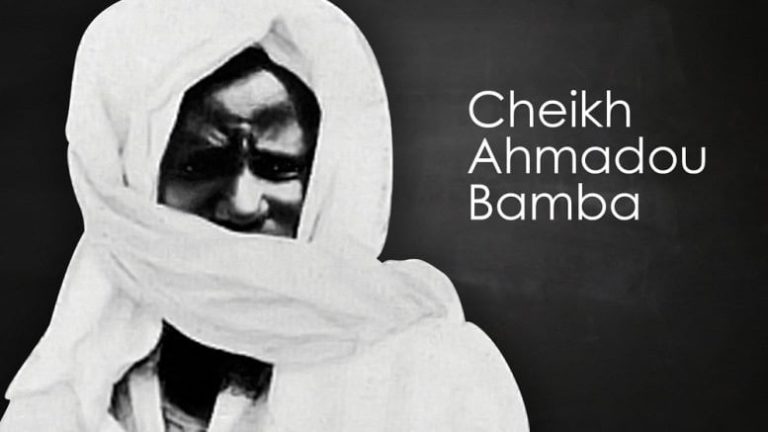
Jammeh’s address – a death knell for the APRC?
By D. A. Jawo
The biggest topic of discussion this past week had no doubt been the much anticipated address by former President Yahya Jammeh to his embattled APRC. While what he was about to say could have been easily anticipated considering the fact it was the faction against the coalition with the NPP that had been mobilizing people for the address, but it’s impact on the APRC and it’s much-hyped coalition with the NPP was not quite obvious.
While several people have given different reactions to Babili Mansa’s rejection of the proposed coalition with the NPP, but what he seems to have succeeded in doing is to virtually dismantle the APRC. While there is no doubt that President Barrow’s own reputation had been dented in the process, especially when he defied public opinion and went to visit the former dictator’s family in Kanilai, appearing to ignore the plight of the victims, but the biggest loser in the whole imbroglio is no doubt Babili Mansa himself and what had been left of the party that ruled this country for more than two decades. He did not only succeed in splitting the party right in the middle and making it almost completely irrelevant in the Gambian political terrain, but he has also seriously destroyed the high reverence that he was held by many of his supporters. We have all been witnesses to how most of them had been worshipping him like a god and referring to him as the Supreme Leader, making him the only other ex-leader with such a revered title after Kim Il-sung of North Korea.
However, after his rabble rouser address in Kanilai last week, a majority of those who used to worship him are now publicly trying to distance themselves from him. These include some of his most obedient “Bai Faals” like Colonel Samsudeen Sarr and Ebou Jallo, as well as members of the APRC national executive committee, who had always given the impression that they were ready to do anything in order to defend his honour and reputation. We have also seen how some of his lieutenants like Dr. Njogu Bah, who were so scared of him, suddenly coming out of their holes to pledge allegiance to President Barrow.
Therefore, one would also tend to ask where the address has left the secretive agreement signed by the APRC with the NPP in which we have been told that granting amnesty to Babili Mansa and disregarding the TRRC report were among the top agenda items? Now that its proponents have denounced their Supreme Leader, should we expect a revision of the agreement? We cannot now imagine those same people still demanding that Babili Mansa be granted amnesty or the TRRC findings against him be thrown into the trash bin when they no longer revere him as their Supreme Leader.
This is indeed why it is said that in politics, even a day could be quite long. A few days ago, people like Fabakary Tombong Jatta, the interim APRC leader, his deputy Ousman Rambo Jatta and others like Col. Samsudeen Sarr and Fatoumata Jahumpa Ceesay were hero-worshipping Babili Mansa and even ready to die in order to defend his honour and legacy, but today, they are doing everything possible to distance themselves from whatever he stands for.
After the Kanilai address, most political pundits have come to the conclusion that instead of harming President Barrow’s chances in the elections as what the address was no doubt intended to achieve, Babili Mansa ended up shooting himself on the foot and in the process, shattering his very own legacy amongst those who were hero-worshipping him. It appears that, as typical of Babili Mansa, he never sought any advice from anyone before arriving at a decision to address his supporters because from the negative reaction, it would have been much better if he had maintained his silence and left everyone guessing what his position was on the APRC/NPP coalition agreement.
Therefore, even his claim that he has replaced the APRC executive with people of his choosing showed how out of tune he was with the reality on the ground. Does he really have the power and authority to replace an executive committee that was elected in a party congress that was sanctioned and approved by the IEC? That certainly was the height of arrogance and self-delusion.
Even his decision for the APRC to form a coalition with the Gambia Alliance for National Unity (GANU) which virtually exists in name only, was another death knell on the coffin of the APRC. One would really wonder what he hoped to achieve by such a decision when he knew quite well that it could only quicken the demise of the APRC.
Of course FTJ and his executive committee can continue to maintain the symbols of the APRC and make Babili Mansa’s new executive irrelevant, but the reality is that the APRC as we know it, is just as good as dead. All that they would now continue to hang on to is their nostalgic glory.